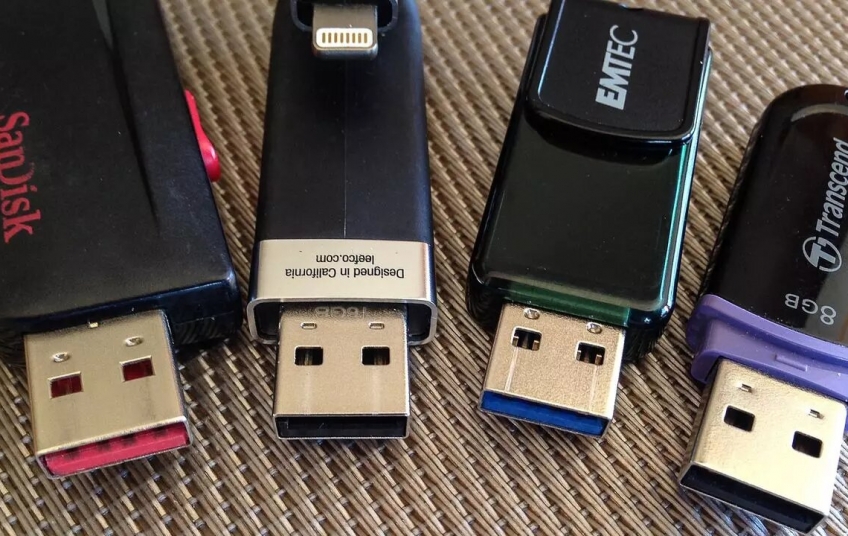It is possible that when you copy your files to a USB stick, you relax thinking that they are safe forever. The truth is that you should not be too calm. Although you may believe that you are storing your documents in robust memories that nothing could damage, you have to know that these devices have a durability like most technological products. Take note, because you may have to review your oldest memories.
USB memories have durability and an expiration date that, although it is not exact, does establish a minimum period of time. From then on, the device may suffer internal damage and the files you have stored inside may be lost or corrupted. Therefore, it is better not to trust too much.
Safe memory, but only for now
We are talking about pendrive format USB memories, the usual USB sticks that you surely have at home. This type of storage device has NAND flash memory technology, which guarantees that the data will be protected at all times. You just have to copy them and then disconnect the device from the computer where you were making the copy. From then on they will be saved.
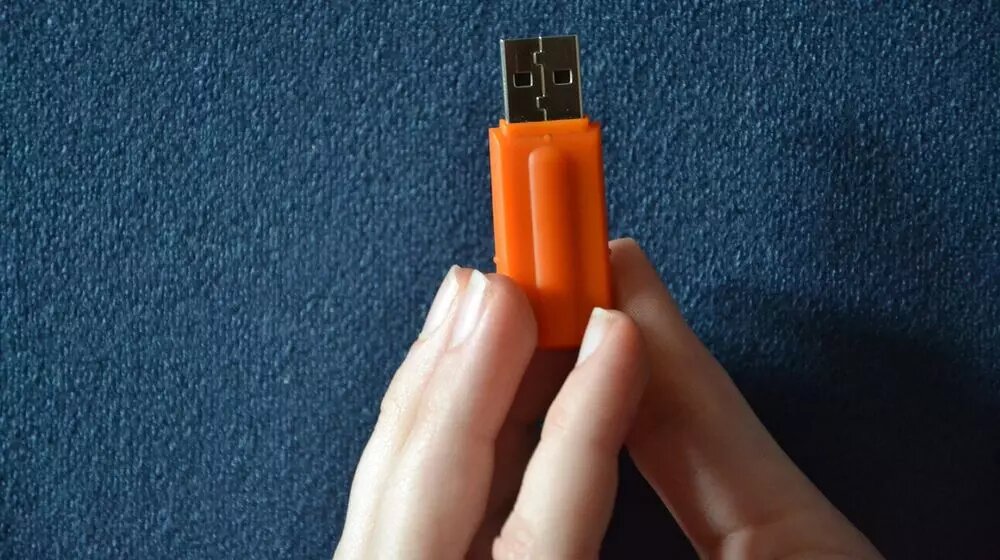
The guaranteed durability period for data stored on a USB flash drive is a minimum of 10 years. That is the turning point. If you stop to think about it, it's not too long. From that decade on, anything can happen. This does not mean that, after ten years have passed, your data will disappear immediately. It would not be logical, but it is the moment in which you begin to expose yourself to problems. The additional time it lasts will depend on a wide selection of factors that we will detail later in another paragraph.
In case you wonder who is talking about those 10 years of resistance, it is a forecast that is obtained based on what the JEDEC JESD47 standard indicates with which these USB memories comply. In it, it is mentioned that the memory must have a durability of 10 hours at a temperature of 125 ºC, which by doing the math is simplified to a durability of 10 years at 55 ºC.
What influences durability?
As we indicated, those 10 years are the durability standard after which there will be many other factors that will influence and make it difficult for you, because it will be difficult to know what additional period your USB memories could have. The most important factor is, of course, its quality.
The cheapest manufacturers or those brands of dubious origin will not provide you with memories that will stand out precisely because of their ability to retain data for longer than the minimum. In contrast, the brands that use better parts and that reinforce their memories with additional protection will guarantee superior durability.
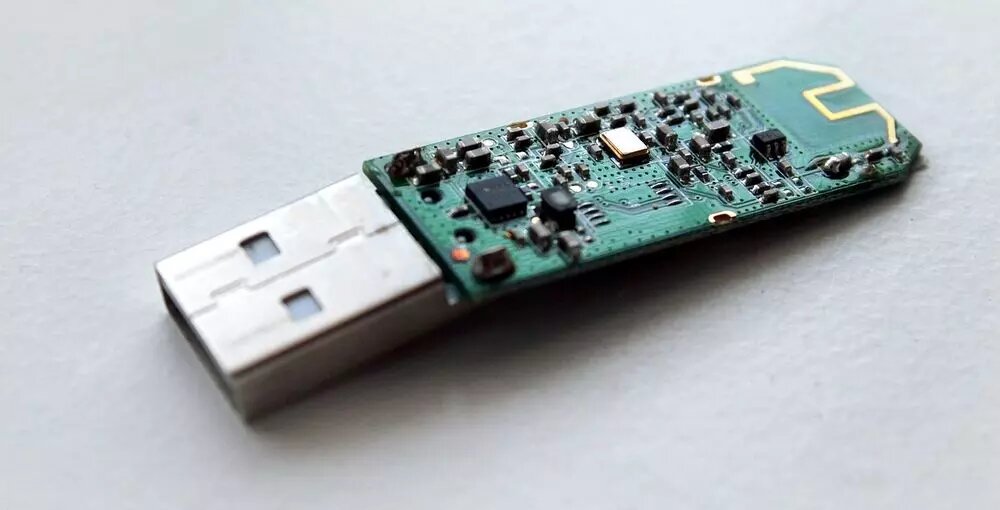
Another important aspect is the temperature to which you submit the memory. High temperatures are harmful for this type of device (because of what was discussed before with the calculation of degrees). If you expose your USB flash drives to direct sunlight or usually take them to places that are too hot when you travel, you will be risking data loss earlier. In addition to heat, you also have to be careful with humidity or other aspects related to the way in which you preserve memory. Remember that you have to treat her well.
Finally, the durability can also be reduced depending on the stress you put the flash drive to. How many times do you store data, delete it and put new ones back? Write cycles aren't something that gets talked about a lot, but it's a real problem in memories. As you copy, delete and copy, the durability of the device is reduced. So it is possible that you could lose your data due to this level of use.
Tips to protect your data
It is not uncommon for data stored on a USB stick to last beyond the 10 years of the device. To do this, you just have to do a little on your part and, in addition, take into account the factors that we have mentioned in the previous section. As for what you can do, it is important that you always remember to use the “Safely Remove Hardware” option when you are done with your storage session. This will maintain the integrity of the memory at a higher quality as much as it is something that goes against comfort. And although we know that it is very common to disconnect the memories without clicking on this option, be aware that it is better to do so.
On a day-to-day basis, you should also avoid other habits that are not positive at all, such as editing the files that are in the memory directly on the USB connection. This is not recommended for data survivability, but it is more appropriate to make the changes from the hard drive and then send the file to the memory stick. Along the same lines, take note of how inadvisable it is to leave the USB connected to the computer if you are not using it. The reason for this is that, if you don't do it, the operating system will not stop checking if the memory has changes, so you will be subjecting it to a stress that will not contribute anything to you.
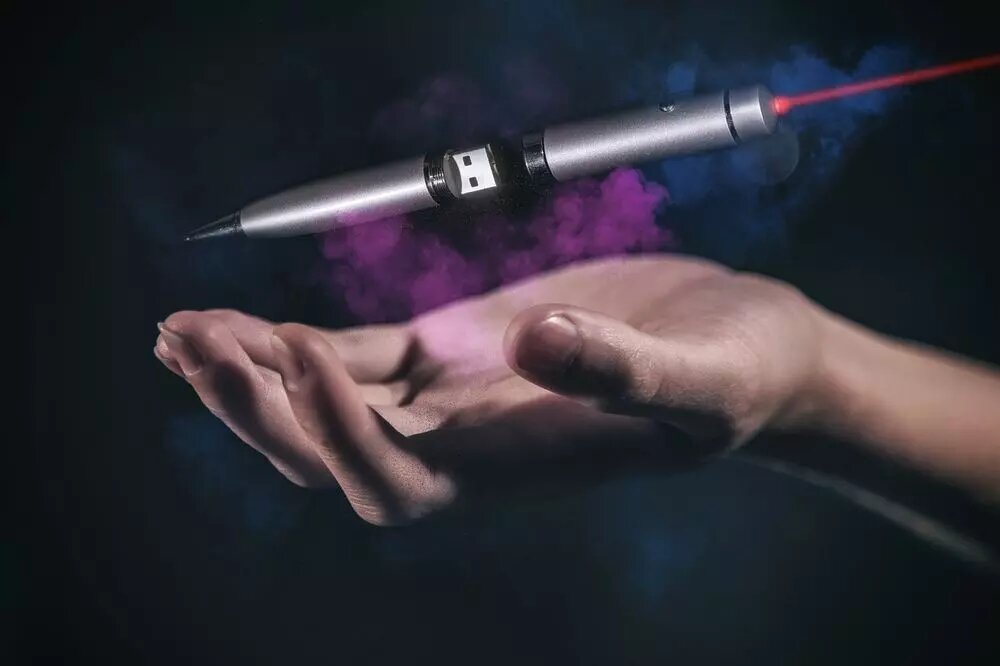
To this you also have to add the recommendation to check from time to time that your data is safe and even move it to newer USB memories. And don't forget that backup copies are always fine, at least for everything you know you can't lose for any reason. After all, sometimes we store very important information on USB drives and are so careless that when we go to recover the files years later, we find that they can no longer be opened. It is something that must be avoided by all means so that later you do not have to resort to using methods to recover lost data from USB flash drives.
You should also be careful where you keep your flash drives. It is very likely that you have some memories that you have filled with data and that you are not going to use, you simply store them for the future or in case you need them at specific times. In this type of case, what you always have to do is opt for a cool place rather than a warm one. Heat is one of the worst enemies of storage devices. Also, you have to put them inside some kind of airtight box or place where they are protected.
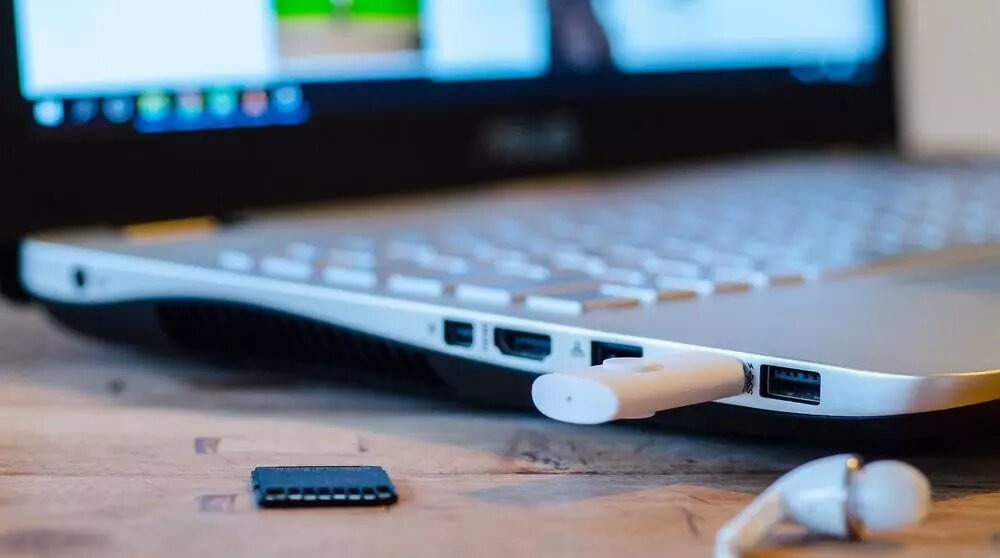
In another order of things, you should know that dust is not a good friend of USB flash drives, so try to keep it as far away as possible. The same can be said of water. Although it may seem logical to you, never forget that water is really harmful in contact with USB memories. As much as you think that the outer plastic protects the drive, the truth is that a little water can be devastating to the state of the memory. Although not as dangerous, it is not recommended that you touch the contacts of the flash drive directly with your fingers.
Actually, there is no need for you to do so. USB sticks have a way that you can easily plug them into your computer and remove them without having to touch the contact point. If you touched the memory connector, what you would be doing would be exposing yourself to contact with your sweat or the oil that we have on our skin. That would affect the state of the device, so although we usually forget about this risk, always try to avoid direct contact. By following these recommendations you will improve their useful time, but remember that in any case they will not be eternal and you must take other types of precautions to ensure that you do not lose any of the data that you have stored in them.



